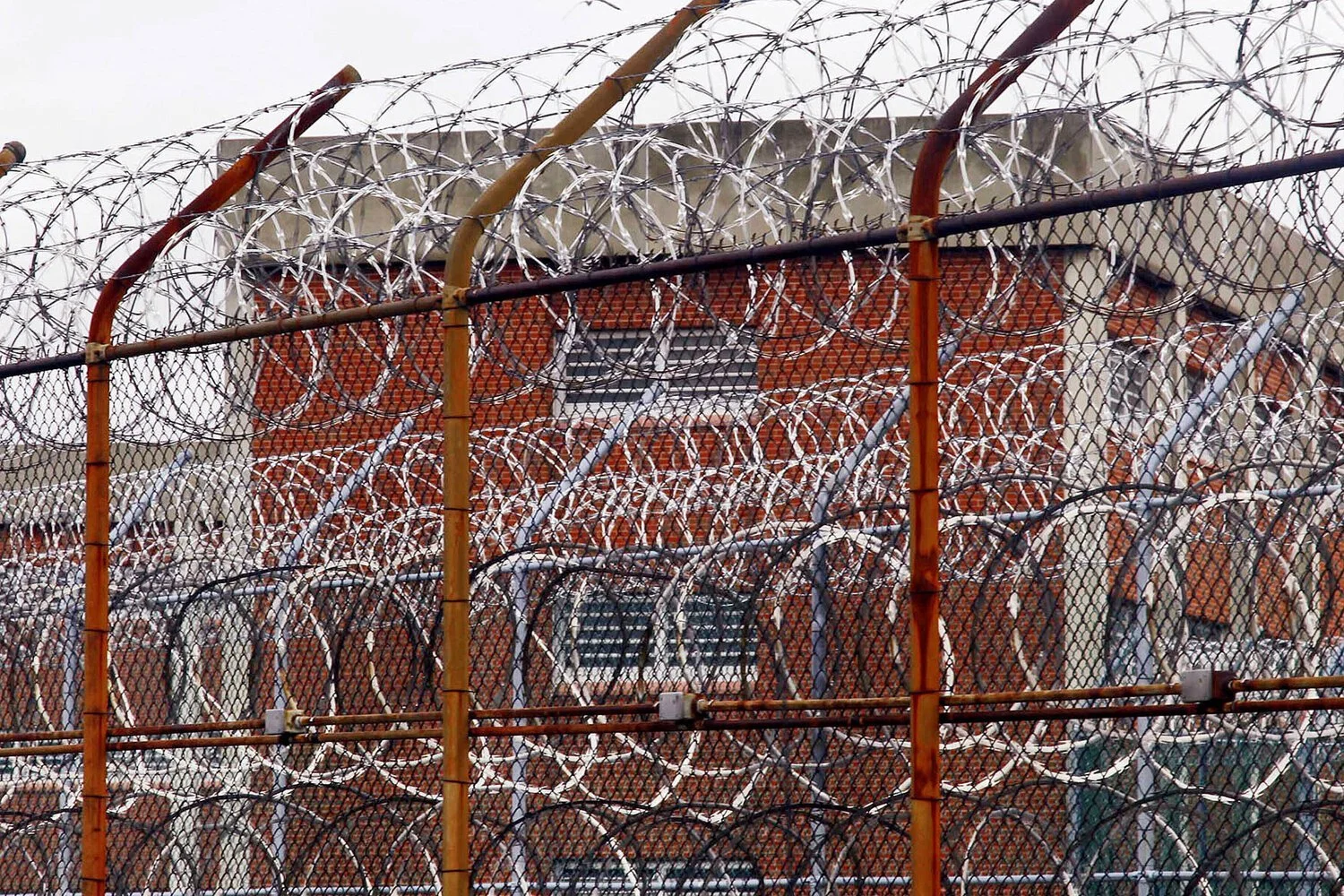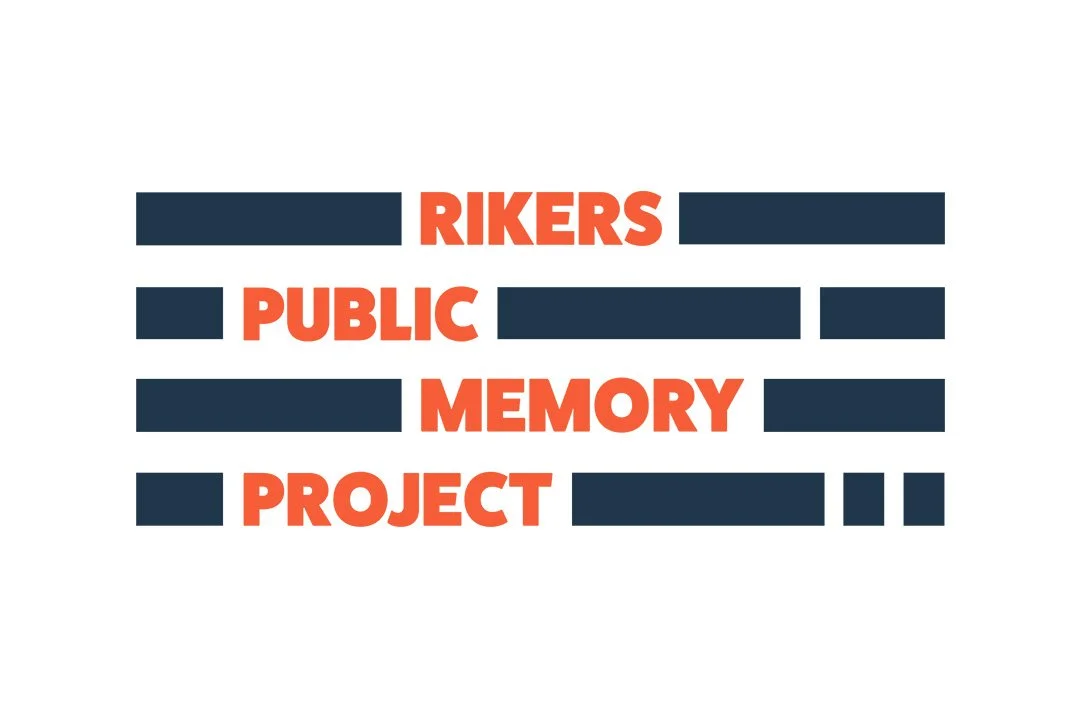CAMPAIGN LEADERS
ANGEL TUEROS
“I think giving something to the guilty that people assume they don't deserve, will make that person better. It's like, even if I'm guilty, treat me the way you think I don't deserve."
Angel was detained at Rikers Island and in the Queens House of Detention and served roughly 25 years upstate. He did all the educational programming he could find while incarcerated, and is now a writer and advocate for decarceration & transformation of the criminal legal system.
MEDIA APPEARANCES
Q+A
1.) How are you connected to this movement?
I have a direct connection to this movement. Between 1994 and ‘95 I was detained at Rikers Island to wait for a trial. That connection, however, didn't begin as an effort to shut down Rikers - it began with an effort to change the conditions of confinement that characterize both the physical and the social institutional environments. While I was detained in Rikers, I helped organize a shutdown in OBCC. Basically, we stopped all movement. We were taken, uprooted from society, from the midst of our families, into a total institution characterized by aggression and violence, both physical and psychological. And we protested.
To address the question, What is my connection with the movement? We protested those conditions, but it wasn't called Close Rikers or anything. We would just not conform. We will not conform to the conditions that we experienced at the time, that people still experience.
2.) Why should Rikers close?
Rikers should close because it provides an experience that is corrupting for both the people who work there and the people detained there. The practice of how the COs conduct themselves they assume you're guilty, and most people attending Rikers are there awaiting trial, so they are presumed to be innocent.
I don't think that treating people bad will lead to anything better. I think giving something to the guilty that people assume they don't deserve will make that person better. It's like, even if I'm guilty, treat me the way you think I don't deserve. Treat me like a human being with dignity, respect, even if you think I don't deserve that respect.
3.) What is your vision for a more just and equitable post-Rikers New York City?
My vision is one that government worries more about investing in our community. Improving our system of public school in the city. Changing the police culture in our communities. You know, basic needs of our citizens. We are the great city of New York. Invest in homes, invest in counseling for families, invest in counselors in our schools, invest in sports in educational opportunities, creating bridges that, instead of preparing people to go to prison, prepare New Yorkers to go to the better schools that we have in this country. So housing, police relationships, school health, access to health, you know, mental and physical health. And these have been done in other countries, you know? Nothing new. I'm sure we can build some models. Everything doesn't work the same way everywhere, but I know there are some basic things that do work.









